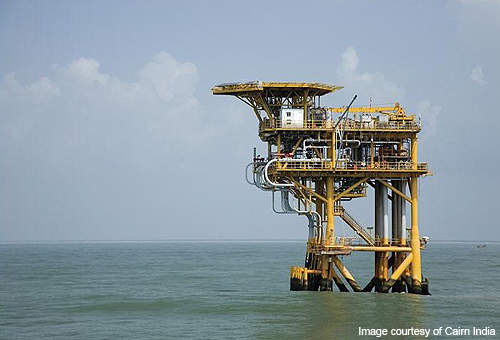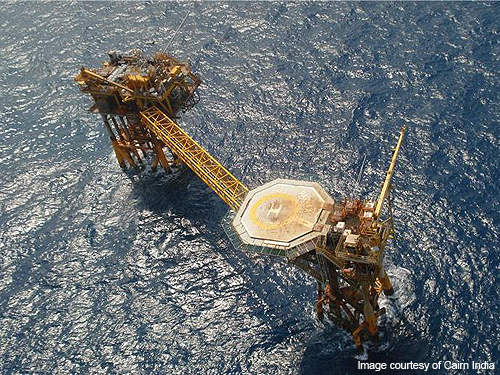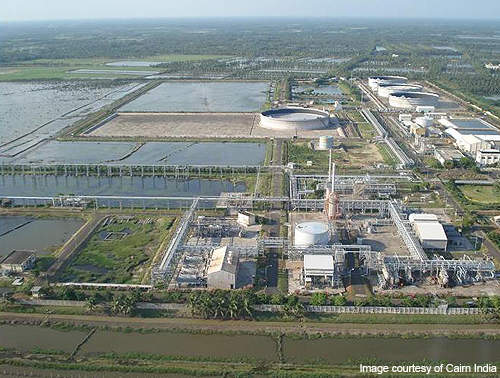Ravva oil and gas field is located in the shallow offshore area of the Krishna-Godavari basin on the eastern coast of India. It lies in Block PKGM-1. The field is operated by Cairn India which holds a 22.5% stake in it. Its partners in the field include ONGC (40%), Videocon Petroleum (25%) and Ravva Oil (12.5%).
The Ravva field was initially estimated to produce 100 million barrels of crude oil. It has, however, produced more than 225 million barrels till 2011.
The output from the field accounts for 8% of total domestic oil production in India.
Field development of the Ravva oil and gas field
Ravva field was discovered by the state-owned Oil and Natural Gas Corporation (ONGC) in 1987. It brought out the first oil from the field in March 1993.
International tenders were called in the same year for the development of the field. The Government of India signed a 25-year production sharing contract (PSC) with Ravva JV in October 1994. The contract is effective until 2019.
Cairn became the operator of the field in 1996. A 4D seismic acquisition survey was conducted in 2010-11 to find the remaining oil zones within the field and conduct future infill drilling.
Wells discovered at the Indian oil field
ONGC drilled 30 discovery wells in 331.26km² in 1987. Oil and gas reserves were found in 21 wells. Ravva JV drilled 29 more wells including two sidetracks, from 1996 to 2002.
An offshore infill development and exploration drilling programme was undertaken in October 2006. Five new infill wells including a horizontal well were drilled to increase the oil production. The drilling of the horizontal well was completed using sliding sleeves, standalone screens, screens with inflow control devices and swell packers. Production wells were drilled using open-hole methods.
The infill development is intended to slow down the production decline. It also adds incremental reserves and augments the water injection capacity. As of 2011, workover activities are underway to enhance oil production and water injection.
Cairn is planning to undertake a $44m drilling programme at the field. Drilling of two new infill wells and workover of two old wells will be completed under the programme by March 2012.
Production at the Krishna-Godavari basin site
Ravva field produces an average of 48,000 barrels of oil equivalent a day (boepd).
In FY2010-11, the average gross production from the field was 36,942boepd including an average oil production of 27,950bopd and average gas production of 54mmscfd. The field yielded more than double the initial prospects by producing more than 232mmbbls of crude and 278bcf of gas in 2010.
Processing systems used at Ravva
The crude oil produced from the Ravva field is transferred to the Ravva onshore terminal via four pipelines.
The natural gas and crude oil are processed at the onshore processing facility located at Surasaniyanam. The onshore terminal is spread over 225 acres.
It can handle 70,000bopd, 95mmscfd of natural gas and 110,000bbl/day of injection water.
The terminal can store one million barrels of crude oil.
The oil is supplied to the buyers through an offshore single point-mooring buoy.
Cairn currently operates eight unmanned offshore platforms and sub-sea pipelines in the field and its surroundings.
Exporting the crude oil
The crude oil produced at the field is supplied to various refineries in the country. The gas is supplied to the Gas Authority of India.
Contractors involved in the project
Petrodril was appointed as a consultant for the project. It has undertaken the initial assessment for Videocon and assisted the joint venture partners in bid developments and negotiations.
In August 2009, VP Petro6 Engineers and Consultants was awarded a contract to conduct structural integrity checks for the existing platform top side by implementing inplace analysis and global analysis.






